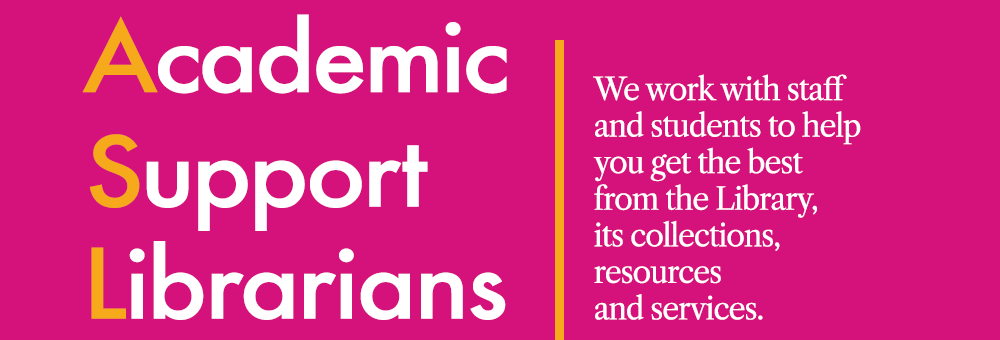Although this blog mainly focuses on the work of the ASL team (who are library focused but often work remotely) we realise that many readers may associate this blog with the physical library spaces, so we wanted to highlight a few things happening over the summer in our library buildings.
Summer opening hours: Main Library
The Main Library is now operating on Summer opening hours. This means the following hours of operation apply:
| Day | Building | EdHelp Service Desk |
|---|---|---|
| Monday – Thursday | 24 hour opening | 9am – 7:50pm |
| Friday | 24 hour opening | 9am – 4:50pm |
| Saturday | 24 hour opening | 12 midday – 4:50pm |
| Sunday | 24 hour opening | 12 midday – 4:50pm |
Please note that this week new gates will be fitted to the Main Library entrance and exit, Café exit gates and the High Use Books exit gates. The works will be carried out between Tuesday 4th July-Thursday 7th, 9:00-5:00pm. You can still access the Main Library, alternate entrances and exits will be clearly marked. You can find out more about this (as well as opening hours for the Centre for Research Collections, Main Library Cafe and links to other information) on the Main Library Opening Hours page.
Summer opening hours: Site libraries
The majority of our site libraries open for reduced hours during the summer. Information can be found on the individual sites listed on the Library Opening Hours page.
The vast majority of our libraries operate from 9am to 4.50pm, Monday to Friday during the summer and are closed at weekends. Exceptions this summer are the Art & Architecture Library and New College Library, which we have detailed below.
Art & Architecture Library
Due to building works in Minto House there is currently an alternative entrance to the Art & Architecture Library. Entering Minto House either via the main reception area or the Maltings entrance, follow the signs downstairs to the temporary library entrance door in the lower ground floor (basement) corridor.
UPDATE: Due to disruption as a result of essential building works within Minto House, it will be necessary to close the Art & Architecture Library between Monday 10th July and Sunday 3rd September. Please email us at library.account@ed.ac.uk for any enquiries or if you urgently require any print resources during this time and we will endeavour to make them available within 2 working days from the Law Library in Old College. Please consult the Art & Architecture Opening Hours page for more information.
New College Library
Due to essential maintenance works all New College Library’s current services except for Special Collections were transferred to the temporary library at 40 George Square in 2020. A schedule for the move of New College Library services and collections back to New College Library, Mound Place in 2023 has now been agreed. The main expected dates are :
- 9 August 2023 : New College Library, 40 George Square closes for General Collections moves.
- 11 September 2023 : New College Library, Mound Place opens for access to services and collections.
Until 9 August 2023, NCL General Collections and Library services will remain fully available for students in the library at 40 George Square. For more information please see the New College Library page.
We hope this is useful for anyone wishing to visit our lovely libraries over the summer. The ASL team will be available throughout July and August, so please contact us if you have any queries, either by email or by leaving a comment on this post.



 Opening hours and staffed hours will be reduced in many libraries so check the
Opening hours and staffed hours will be reduced in many libraries so check the 


 Why not start with
Why not start with 
